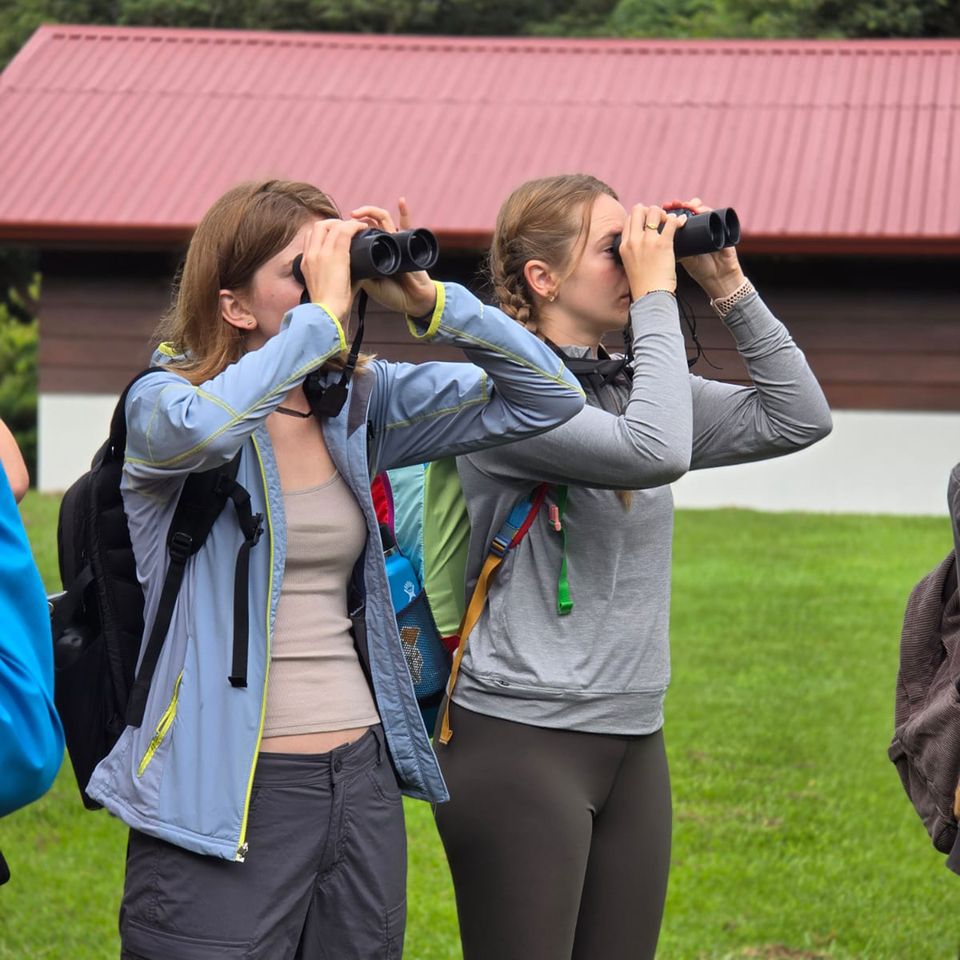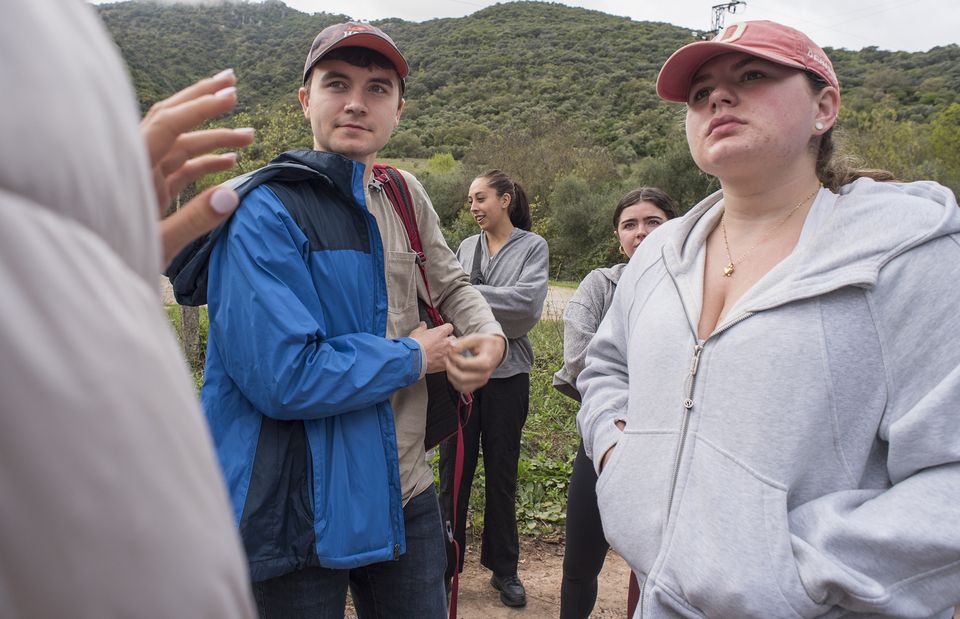Planning your first study abroad adventure? It’s equal parts thrilling and overwhelming, but don’t worry – we’ve got you covered. Whether you’re gearing up for a semester abroad or a quick January term, nailing the prep work is key to a stress-free experience. From securing your passport to packing your clothes, here’s your ultimate checklist for international travel to ensure nothing essential gets left behind.
Read More: The Ultimate Guide to Your Study Abroad Packing List (10 Essential Items!)
Your Go-To International Travel Checklist Awaits
Packing for an international trip doesn’t have to be a last-minute scramble. This international travel packing checklist is your guide to making sure you’ve got everything covered – from the big stuff like travel documents to those smaller details that make a world of difference. Let’s dive in and get you ready to take off with confidence!
Read More: How to Prepare for Study Abroad: 10 Things You Need to Know
Tip #1: Ensure You Have Your Travel Documents on Hand
Your passport is your golden ticket – literally. Make sure it’s valid for at least six months after your return date. If you need a visa for your destination, start that process early. Print out or download copies of important documents like your passport, visa, and flight details.
Pro tip: Snap photos of all your documents in case you misplace them!
Tip #2: Confirm You Have Travel Insurance
It might not sound like the most exciting part of your travel prep, but trust us, travel insurance is a must-have for international adventures. CIEE offers complimentary iNext International Travel Protection in all our programs, which provides students with coverage tailored specifically for study abroad. Whether it’s unexpected cancellations, medical emergencies, or travel delays, having travel insurance can give you peace of mind so you can focus on making the most of your trip.
Tip #3: Research International Vaccination Requirements
Double-check if your destination requires specific vaccinations or health precautions ahead of traveling. Some places might need proof of a yellow fever vaccine or updated COVID-19 shots. Consult your doctor and take care of this well in advance – no one wants to start a trip with a sore arm and a last-minute panic.

Tip #4: Check Your Passport and Visa Details
Yes, this deserves its own shoutout because it’s that important. Check your passport’s expiration date, make sure you’ve applied for the right visa (if needed), and verify the entry requirements for your destination. Not sure where to start? Your study abroad advisor or a quick search online can help.
Tip #5: Pack Enough Medication
If you rely on prescription meds, pack more than you think you’ll need for the duration of your trip. International pharmacies may not stock your specific prescription, and navigating the process of international shipping can be tricky. Keep medications in their original packaging and pack them in your carry-on – just in case your luggage decides to take a separate vacation.
Tip #6: Research Your Destination
Learn the basics about your host country – culture, customs, and even a few key phrases in the local language. It’s not just respectful; it’ll also make your experience more immersive. Research weather, local transport, and must-visit spots so you’re not caught off guard. Also, different countries use different plug types and voltage, so be sure to plan ahead for that!
Local CIEE staff have provided details about conditions and cultural attitudes that students with specific identities might encounter at their location.

Read More: How Does Studying Abroad Help You Culturally?
Tip #7: Ensure Your Phone/Communications are Arranged
Will your phone work abroad? If not, explore options like an international plan, a local SIM card, or even relying on Wi-Fi hotspots. Download essential apps like Google Maps, currency converters, and messaging apps like WhatsApp to stay connected wherever you go.
Tip #8: Have Emergency Contacts Readily Available
Keep a list of emergency numbers – your country’s embassy, local authorities, and your study abroad program contact. Share your itinerary with family or friends, so someone always knows where you are.
Pro tip: Write these down somewhere; after all, dead phones don’t make calls.
Tip #9: Money/Cash/Currency Converted
Let your bank(s) know ahead of time that you’re traveling to avoid those awkward card declines. Have a mix of payment options, including local currency for small purchases. ATMs are usually the best for getting cash abroad, but having some converted before you go can be a lifesaver.
Tip #10: Pack Clothes/Comfort Items for Your Flight
Pack with your destination’s season in mind! Make sure you check the weather for the country you’re heading to – remember, the seasons might be different depending on where you’re going and what time of year. If you’re traveling from the U.S. to the Southern Hemisphere, it could be summer when it’s winter back home!
Pack a mix of layers for your flight and consider the climate where you’ll be staying. And don’t forget those travel essentials – an eye mask, travel pillow, headphones, and snacks will make your in-flight experience much more enjoyable!

Read More: Top 18 Study Abroad Tips
Get on Your Way
With this checklist for traveling internationally, you’re ready to tackle your study abroad adventure like a pro.
Whether you’re tasting new foods, making lifelong friends, or exploring hidden gems, this journey is yours to own. So, get out there, live it up, and remember: The world is your oyster!
EXPLORE CIEE PROGRAMS
Source link
All Materials on this website/blog are only for Learning & Educational purposes. It is strictly recommended to buy the products from the original owner/publisher of these products. Our intention is not to infringe any copyright policy. If you are the copyright holder of any of the content uploaded on this site and don’t want it to be here. Instead of taking any other action, please contact us. Your complaint would be honored, and the highlighted content will be removed instantly.
